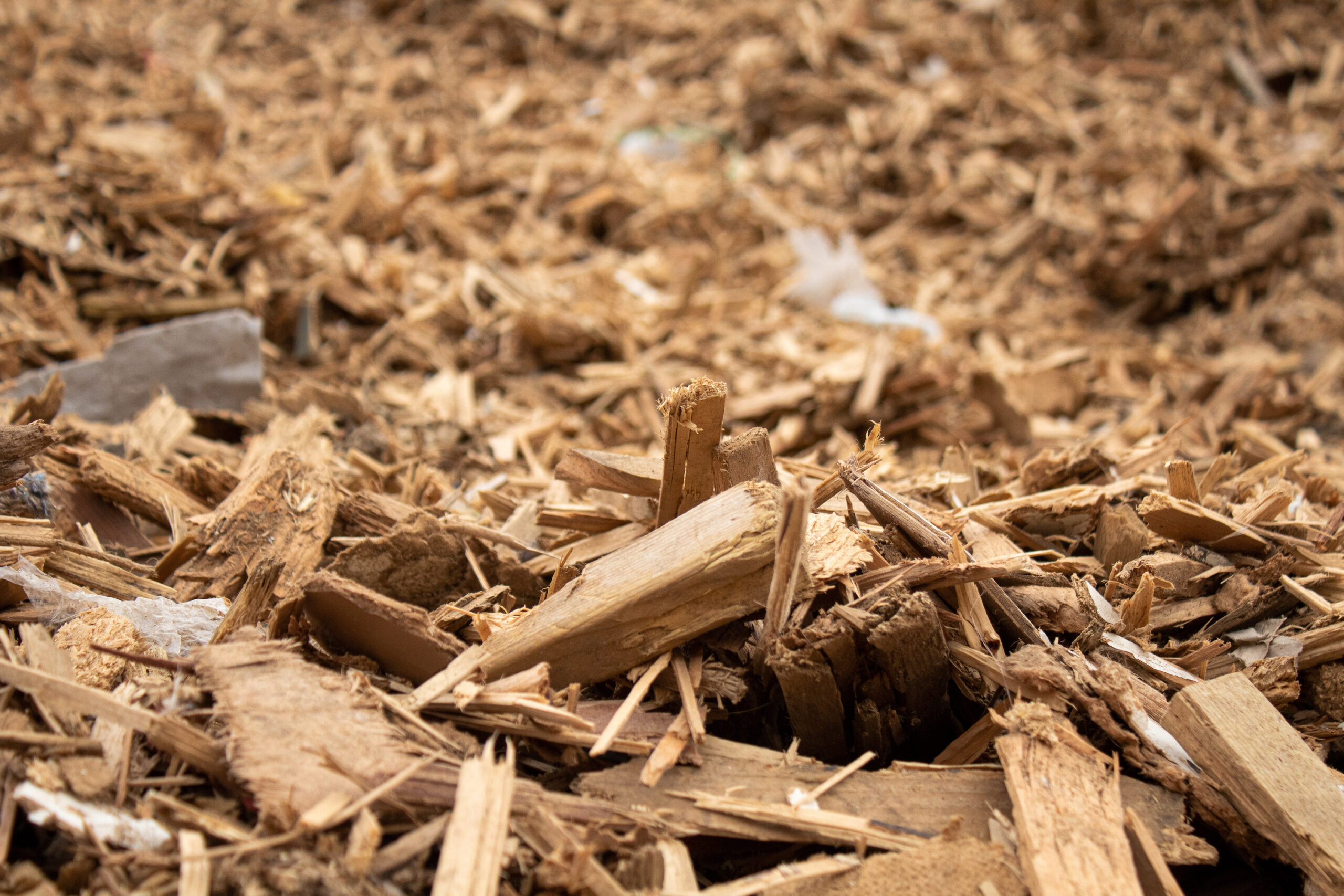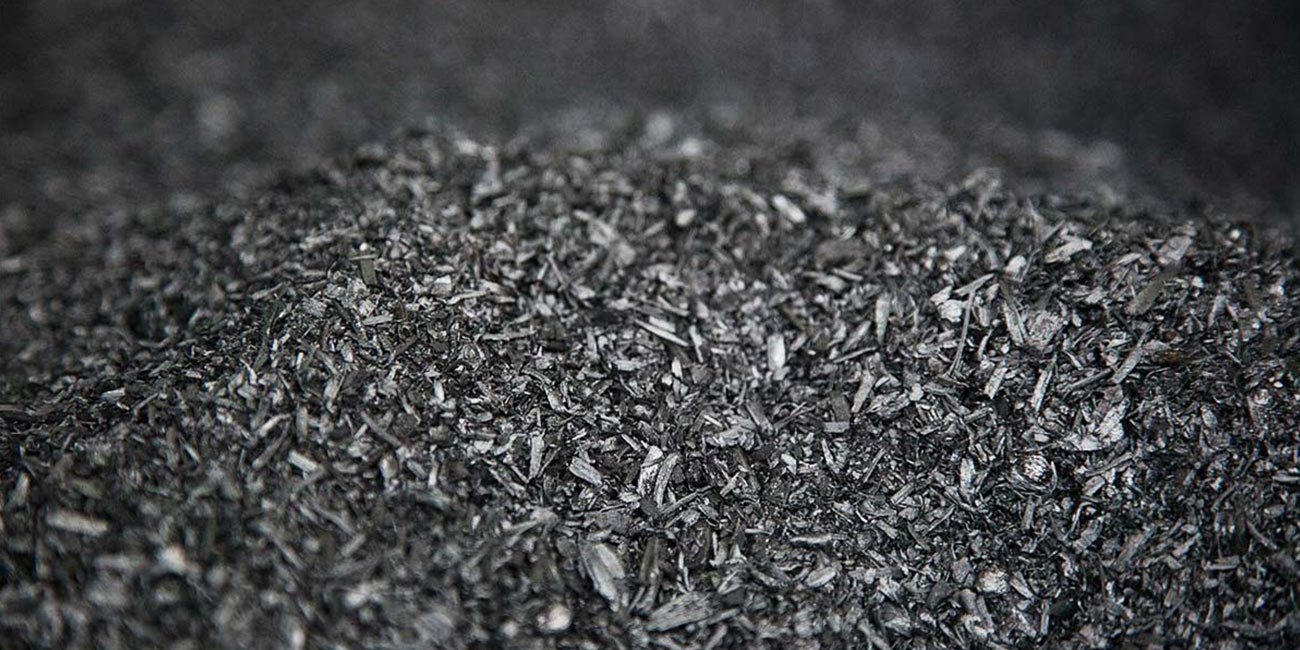In an era where sustainability is paramount, industries worldwide are seeking innovative solutions to minimize waste, reduce environmental impact, and foster resource efficiency. One such solution gaining traction is the conversion of wood to charcoal. This process not only addresses the challenge of wood waste management but also generates a valuable product with diverse industrial applications. In this comprehensive post, we delve into the transformative potential of wood charcoal machine as a sustainable approach for industry.

The Significance of Wood to Charcoal Conversion
Wood to charcoal conversion holds significant importance for industries across various sectors due to several reasons:
Waste Reduction: By converting wood residues and by-products into charcoal, industries can minimize waste generation, diverting organic materials from landfills and reducing environmental pollution.
Resource Utilization: Charcoal production maximizes the utilization of wood resources, ensuring that every part of the tree is utilized efficiently, thereby promoting resource conservation and sustainable forestry practices.
Energy Independence: Charcoal serves as a renewable and energy-dense fuel source, providing industries with a reliable and cost-effective alternative to fossil fuels for heat generation and process energy requirements.
Carbon Sequestration: The conversion of wood to charcoal locks carbon into a stable form, effectively sequestering carbon dioxide and mitigating greenhouse gas emissions, thus contributing to climate change mitigation efforts.
Product Diversification: Charcoal can be utilized in various industrial applications, including metallurgy, agriculture, pharmaceuticals, and water treatment, offering diversified revenue streams for industries.
Process of Wood to Charcoal Conversion
The process of wood to charcoal conversion typically involves the following steps:
Feedstock Selection: Suitable wood feedstocks, such as timber residues, sawdust, wood chips, or forestry by-products, are selected based on their moisture content, density, and chemical composition.
Carbonization: The selected wood feedstock undergoes pyrolysis, a thermal decomposition process conducted in the absence of oxygen, at temperatures ranging from 300°C to 800°C. This process converts the wood into charcoal, volatile gases, and other by-products.
Cooling and Collection: The charcoal produced during carbonization is cooled and collected for further processing and utilization by biochar production units. The volatile gases generated during pyrolysis can also be collected and utilized as a source of energy or chemical feedstock.
Grading and Packaging: The charcoal is graded based on its size, density, and purity, and packaged for distribution to various industrial customers or end-users.

Benefits of Wood to Charcoal Conversion for Industry
Wood to charcoal conversion offers numerous benefits for industries seeking sustainable solutions:
Waste Minimization: Charcoal production reduces the volume of wood waste generated by industries, minimizing the need for landfill disposal and promoting circular economy principles.
Energy Efficiency: Charcoal serves as a high-energy-density fuel source, providing industries with a reliable and efficient energy source for heat generation, process heating, and power generation.
Carbon Neutrality: The carbonization of wood to charcoal results in a carbon-neutral process when sustainably managed forests are used as feedstock. This helps industries reduce their carbon footprint and meet sustainability targets.
Product Versatility: Charcoal finds applications in a wide range of industries, including metallurgy, agriculture, food processing, pharmaceuticals, and water treatment, providing versatile solutions for industrial processes.
Economic Opportunities: Charcoal production creates employment opportunities in rural areas, stimulates economic growth, and enhances the resilience of forest-dependent communities.
Challenges and Considerations
Despite its benefits, wood to charcoal conversion poses certain challenges and considerations for industries:
Technological Complexity: Charcoal production requires specialized equipment and expertise in pyrolysis technology, process optimization, and emissions control, which may pose challenges for small-scale industries. View the coconut shell charcoal machine price.
Feedstock Availability: The availability and quality of wood feedstocks can vary seasonally and regionally, affecting the reliability and cost-effectiveness of charcoal production operations.
Environmental Impact: While charcoal production offers environmental benefits, such as waste reduction and carbon sequestration, it may also pose environmental risks if not managed properly, such as deforestation, habitat loss, and air pollution from emissions.
Regulatory Compliance: Charcoal production operations must comply with environmental regulations, health and safety standards, and forest management practices to ensure sustainable and responsible production practices.
Future Prospects and Innovations
Despite the challenges, ongoing research and innovation hold promise for advancing wood to charcoal conversion as a sustainable approach for industry:
Technological Advancements: Continued research and development efforts are focused on improving pyrolysis technology, enhancing process efficiency, and reducing emissions through innovations in reactor design, feedstock preparation, and gas purification techniques.
Sustainable Feedstock Sourcing: Efforts to promote sustainable forest management practices, agroforestry systems, and biomass supply chains can ensure the long-term availability and sustainability of wood feedstocks for charcoal production.
Carbon Capture and Utilization: Emerging technologies, such as bioenergy with carbon capture and utilization (BECCU), aim to capture and utilize carbon dioxide emissions from charcoal production processes, further enhancing the carbon sequestration potential of wood to charcoal conversion.
Circular Economy Integration: Charcoal production can be integrated into circular economy frameworks, such as bioeconomy strategies and waste valorization initiatives, to maximize resource efficiency, minimize waste generation, and promote sustainable industrial development.
Conclusion
Wood to charcoal conversion offers industries a sustainable and versatile solution for waste management, energy production, and carbon mitigation. By transforming wood residues and by-products into valuable charcoal, industries can minimize waste, reduce environmental impact, and foster resource efficiency. However, realizing the full potential of wood to charcoal conversion requires collaboration among policymakers, industry stakeholders, researchers, and communities to address technological, economic, and environmental challenges and unlock the transformative power of charcoal production for a sustainable future.